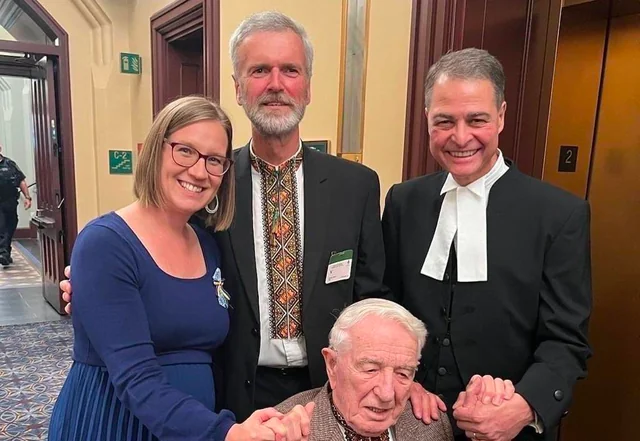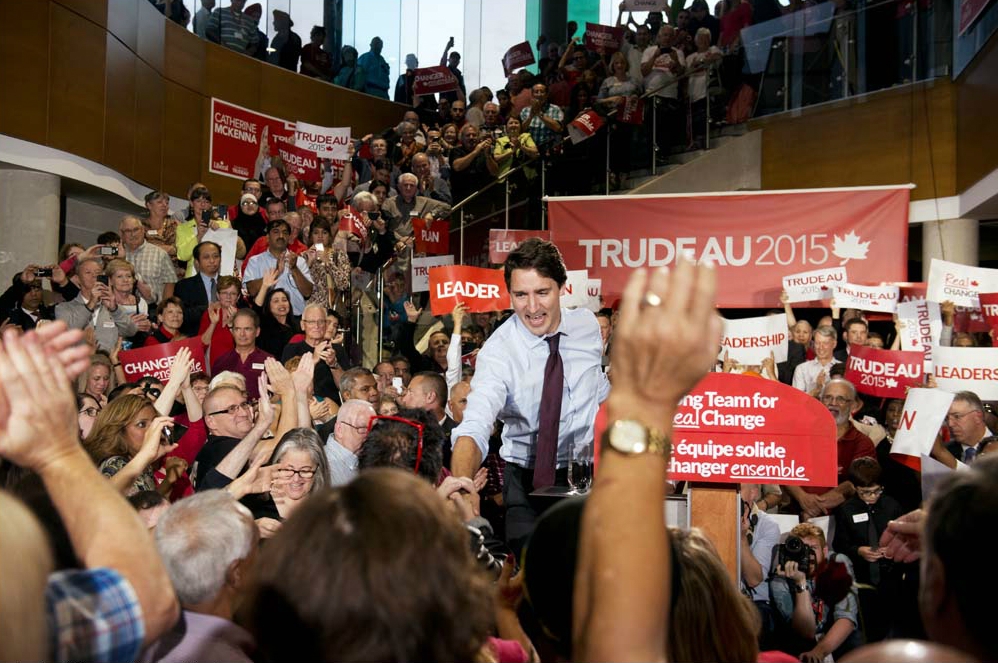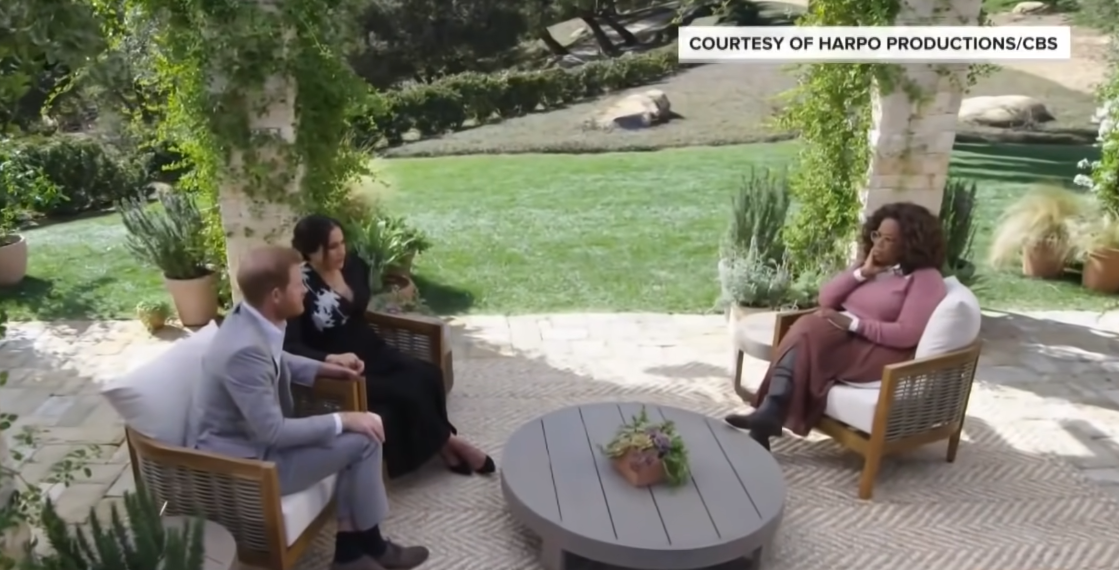
Nazis in Parliament — A Lesson for Educators About the Importance of Teaching Canadian History
Within the constituency of Anthony Rota, MP and former Speaker of the House, resides a true war hero, the late Jess Larochelle, an Afghanistan veteran who passed away at the tender age of forty on August 31, 2023.
Despite a Herculean campaign over recent years, led by former military officers, including the former Chief of Defence Staff, Rick Hillier, Jess Larochelle was regrettably denied the Victoria Cross by the Canadian government. This becomes more upsetting when juxtaposed with Rota’s enthusiasm for honouring a former Nazi from his constituency at the House of Commons last week during the visit of Ukrainian President Volodymyr Zelensky.
Rota’s actions bring into question the principles that guide our representatives and their responsibilities in celebrating those who have made remarkable and even heroic contributions to Canada, versus those who are not worthy of the honour.
Anthony Rota’s resignation as Speaker of the House of Commons should serve as a metaphor for the profound consequences that can arise from a lack of knowledge about Canadian history. As the highest-ranking official in the Canadian Parliament, Rota’s role was to uphold the traditions and principles that have shaped the country’s democratic institutions for centuries. His resignation underscores the importance of understanding the historical context and rules that underpin Canada’s political system.
Without a solid grasp of the country’s past, individuals in positions of power risk making decisions that undermine the very foundations of Canadian democracy. His departure reminds us that a deep knowledge of Canadian history is not only a matter of preserving our heritage but also a safeguard against the unintended consequences that can arise when that knowledge is lacking.
Canada is recognized for its beauty, rich cultural diversity, stable and keen sense of identity. The sacrifices of past generations of Canadians, including in wartime, have cumulatively contributed to the success that makes our country so prosperous and blessed. So, it is almost unconscionable that we have failed our ancestors by not properly educating our youth about their own history. The continued absence of comprehensive Canadian history education in high schools is a matter that warrants immediate attention.
The Historical Gap
High school education is a formative period for teens. It is the place that shapes their understanding of the world, and their place in it. It is indeed ironic that Canada is celebrated for its multiculturalism, yet many students graduate high school with little knowledge of the historical contributions of Indigenous peoples, immigrants, and various cultural groups to this great country.
A nation’s history is the bedrock of its identity. Without a strong understanding of our past, young Canadians are deprived of the opportunity to connect with their roots and appreciate the struggles and triumphs that have shaped the nation we know today. This knowledge gap perpetuates stereotypes and misunderstandings. Sadly, it exists because Canadian history is not a required subject for each year in high school, across the nation.
History provides valuable lessons. By neglecting the past, we risk repeating past mistakes. An understanding of Canada’s historical wrongdoings, such as the mistreatment of Indigenous peoples or the Chinese Head Tax are important lessons for all young Canadians. Having at least a cursory knowledge of the role Canada played in World War 1, World War 2, Korean war, The Balkans, Afghanistan, and many UN Peacekeeping missions, ensures that each new generation of Canadians are aware of where we come from, what we have been through and help guide our values moving forward.
Informed citizens are the cornerstone of any healthy democracy. The ‘Nazi in Parliament’ incident shows that Canada does not pass that litmus test. This incident has caused our country great international embarrassment and should be turned into a learning moment.
Our political leaders from all parties and educators across the nation should insist that a comprehensive and mandatory four-year Canadian history curriculum be integrated into high school education for all students. This curriculum should include the contributions of Indigenous peoples, the impacts of immigration, the stories of various cultural communities, and Canada’s role in the two world wars and other conflicts. Educators across the country should be provided adequate training and resources to teach Canadian history effectively.
The lack of emphasis on Canadian history in high schools is a disservice to our nation’s youth and its future. We cannot afford to let this educational gap persist, as it jeopardises our national identity, fosters ignorance, and hinders our progress as a society.
It is high time for Canada to invest in its history education to ensure that every student can connect with the stories and lessons of our past. Only then can we hope for a brighter and more informed future for all Canadians. And only then will we have the real assurance that a Nazi or anyone of similar ilk will never again be fraudulently honoured in our highest institution.
Photo: Liberal House Leader Hon. Karina Gould and former Speaker of the House Anthony Rota pose for a photo with 98-year-old Yaroslav Hunka prior to Hunka receiving a standing ovation in the House of Commons. Rota introduced Hunka as a World War 2 war hero who fought for the First Ukrainian Division. Rota and Gould were unaware that this Division, actually called the Waffen Grenadier Division of the SS (1st Galician), a volunteer unit of ethnic Ukrainians that was under the command of the Nazi SS, responsible for the persecution of Poles and Jews in the German-occupied territories.








